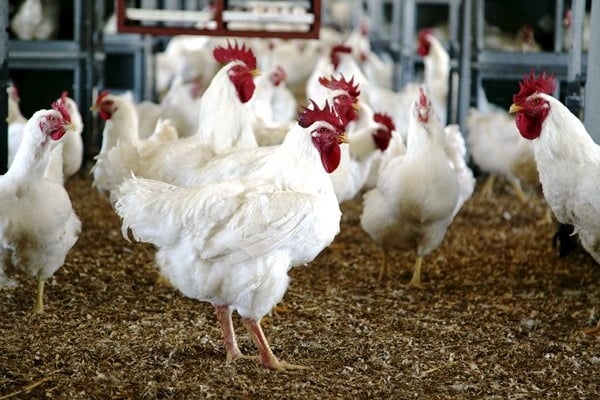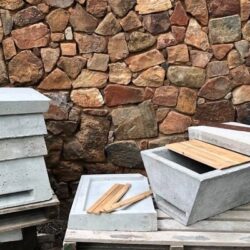Question: What causes chickens to snick (cough softly or sneeze)?
The causes of snicking can be several poultry diseases or management issues.
DISEASES
- Mycoplasma gallisepticum and synoviae can both be transmitted vertically from the breeder hens via the eggs to the newly hatched chicks.
- If this occurs, the chicks will show symptoms at an early age.
- If the chicks are infected by a field challenge, the symptoms will only be apparent after about 14 days, or even later.
- Newcastle disease could cause a snick if the field challenge was not virulent, or if chickens were not sufficiently protected.
- Infectious bronchitis disease can cause chicks to snick if they were not fully protected and there was a field challenge.
- Avian rhinotracheitis (ART) – if a field challenge occurred, the result would be a snick at the start of the infection.
MANAGEMENT ISSUES
- Contaminated vaccine equipment affects the chick’s respiratory system and the result would be snicking.
- Poor vaccination techniques at the hatchery could cause an irritation in the respiratory system and the result would be a snick.
- This could result if the Day1 vaccines are applied to chicks that have been held in a hot area, or if they were subjected to over-heating during transport.
- Chilling or over-heating the chicks during the first two weeks will cause them to snick.
- Draughts or dry dusty conditions will also cause chicks to snick.
- High ammonia levels in the chicken house cause the chicks to snick as a result of the damage to the respiratory system.
- Vaccine reactions will occur if Newcastle or Infectious Bronchitis vaccines are not correctly applied. The result would be damage to the respiratory system and snicks.
- It is important to note that, if correctly managed, not all snicks result in increased mortality.
Also read:
Poultry production: How to check the general health of your chickens
Egg production: On draughts and egg laying problems
Poultry production: Vaccines – Newcastle disease




